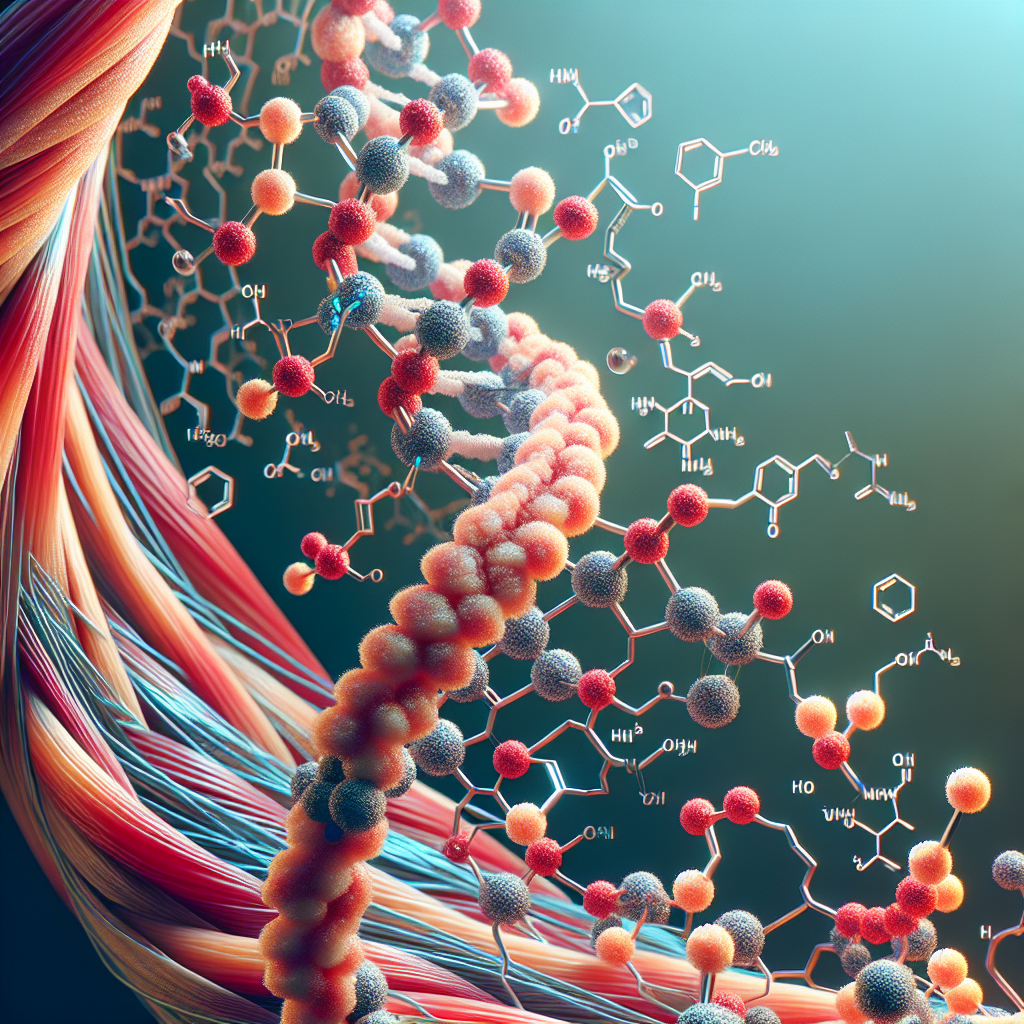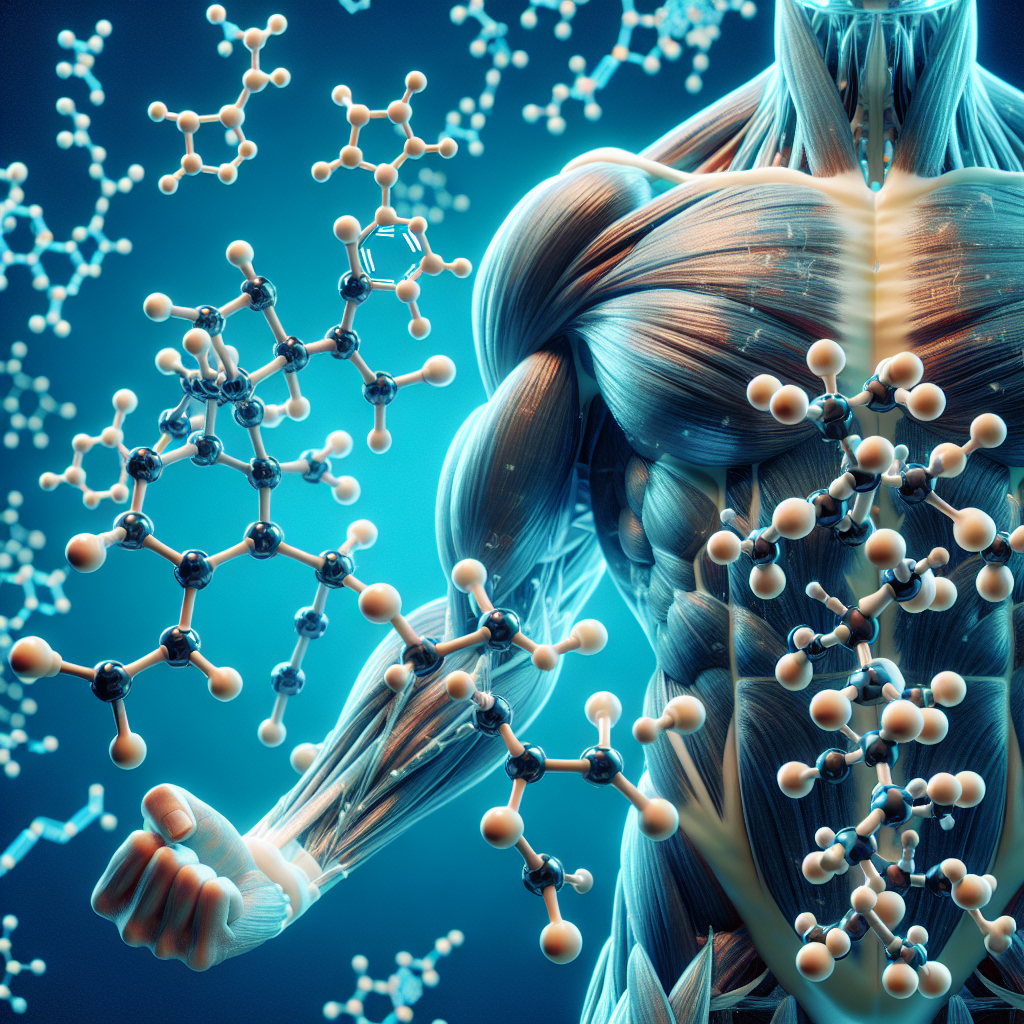In the competitive world of nutritional supplements, amino acids stand out as fundamental building blocks for health and performance. However, not all amino acid supplements are created equal. The difference between mediocre results and transformative outcomes often comes down to one critical factor: manufacturing quality standards.
For health-conscious product manufacturers and R&D companies, understanding these differences isn’t just academic—it’s essential for product success. The best amino acid supplements don’t just happen by accident; they’re the result of rigorous quality control, scientific validation, and manufacturing excellence.
Why Manufacturing Standards Matter in Amino Acid Supplements
The journey from raw amino acid to finished supplement involves numerous critical steps, each affecting the final product quality. Forward-thinking supplement manufacturers recognize that partnering with reputable ingredient suppliers is the foundation of product excellence.
Manufacturing standards directly impact several key aspects of amino acid supplements:
Purity and Potency: High-quality manufacturing processes ensure that the amino acids in your supplements contain the exact compounds in the precise amounts stated on the label. This consistency is critical for both research validity and consumer results.
Bioavailability: The best amino acid supplements are manufactured using techniques that optimize how efficiently the body can absorb and utilize these nutrients. Superior processing methods preserve the molecular structure of amino acids, enhancing their effectiveness.
Safety: Rigorous quality control eliminates contaminants, heavy metals, and microbiological threats that can compromise both product safety and efficacy.
Enterprise businesses requiring strategic ingredient partnerships understand that cutting corners on manufacturing quality inevitably leads to compromised results. A recent industry survey found that supplements produced in facilities with advanced quality control systems delivered 22% higher consistency in active ingredients compared to those from facilities with only basic compliance measures.
“The manufacturing process is where science meets application,” explains Dr. James Chen, nutritional biochemist. “Even the most promising amino acid formulation will fail if manufacturing standards don’t preserve its integrity through every production phase.”
The Role of Certification Programs in Guaranteeing Quality
For nutritional product developers seeking reliable ingredient sources, third-party certification programs offer valuable guidance. These independent organizations establish and verify quality standards that go beyond minimum regulatory requirements.
Three of the most respected certification programs in the amino acid supplement industry include:
ConsumerLab.com
This independent testing organization evaluates supplements for identity, strength, purity, and disintegration. Their certification process involves purchasing products directly from retail channels—just as consumers would—and subjecting them to rigorous laboratory analysis.
NSF International
The NSF certification is particularly valued for its comprehensive approach. Products certified by NSF have been tested for:
- Ingredient verification
- Contaminant screening
- Manufacturing process evaluation
- Label claim accuracy
This certification is especially important for sports nutrition products containing amino acids, as NSF offers a specialized “Certified for Sport” program that screens for prohibited substances.
United States Pharmacopeia (USP)
The USP Verified Mark is one of the most stringent quality indicators in the supplement industry. USP verification requires supplements to:
- Contain the ingredients listed on the label
- Contain the declared potency and amount of ingredients
- Meet requirements for limits on contaminants
- Be made according to FDA current Good Manufacturing Practices
- Disintegrate or dissolve properly to release ingredients for absorption
For small businesses and R&D companies developing new formulations, selecting amino acid suppliers with these certifications can significantly reduce quality-related risks. While certified ingredients may command premium prices, they ultimately deliver superior results and reduce the likelihood of costly product failures or recalls.
Evaluating Amino Acid Supplements: Beyond Marketing Claims
When assessing the best amino acid supplements for your product development or manufacturing needs, several key factors should guide your decision-making process:
Effectiveness
Scientific validation should back claims about amino acid effectiveness. Look for suppliers who can provide:
- Peer-reviewed research supporting their amino acid forms
- Bioavailability data
- Clinical studies showing meaningful outcomes
Cost vs. Quality Balance
While budget constraints are real for many manufacturers, the true cost equation must consider:
- Consistency between batches
- Reduced risk of quality-related recalls
- Enhanced consumer results leading to repeat purchases
- Competitive differentiation in the marketplace
A supplement using premium amino acids may cost 15-30% more to produce but often commands significantly higher market positioning and consumer loyalty.
Safety Profile
The best amino acid supplements maintain impeccable safety records through:
- Allergen-free manufacturing environments
- Regular testing for environmental contaminants
- Stability testing to ensure shelf-life consistency
- Clear documentation of quality control measures
Customer Satisfaction Indicators
For strategic partnerships to thrive, evaluate potential amino acid suppliers based on:
- Consistency of delivery timelines
- Technical support capabilities
- Responsiveness to quality inquiries
- Transparency in sourcing and testing
“What separates leading amino acid supplement manufacturers is their willingness to share detailed quality documentation,” notes Maria Rodriguez, quality assurance director at a major supplement manufacturer. “The best partners provide certificates of analysis for every batch without hesitation.”
PDCAAS: The Gold Standard for Protein Quality Measurement
For manufacturers creating protein-based products containing amino acids, understanding the Protein Digestibility-Corrected Amino Acid Score (PDCAAS) is essential. This internationally recognized standard measures protein quality based on human essential amino acid requirements and our ability to digest it.
The PDCAAS evaluates protein sources on a scale from 0 to 1, with 1 representing a protein that provides 100% of essential amino acids when consumed at the recommended level. This score helps manufacturers ensure their amino acid supplements and protein products deliver optimal nutritional value.
High-quality protein sources like whey, egg whites, and specific amino acid blends typically score between 0.9 and 1.0 on the PDCAAS scale. These scores reflect not just amino acid presence, but how effectively these nutrients can be utilized by the body—a critical distinction when developing premium supplements.
For nutritional product developers, PDCAAS offers several advantages:
- Scientific validation of protein quality claims
- Regulatory compliance support for labeling
- Formulation optimization guidance
- Competitive benchmarking opportunities
“PDCAAS has revolutionized how we evaluate protein quality in supplements,” explains Dr. Sarah Johnson, nutrition scientist. “It shifted the industry from simply counting grams of protein to measuring meaningful nutritional impact.”
Forward-thinking manufacturers now use PDCAAS as a formulation tool, ensuring their amino acid profiles match specific consumer needs:
- Sports recovery formulations prioritize leucine-rich profiles
- Cognitive health supplements emphasize tyrosine and phenylalanine
- Sleep and mood products focus on tryptophan and glycine levels
This scientific approach to formulation, guided by PDCAAS principles, exemplifies the quality-driven philosophy that distinguishes the best amino acid supplements in today’s market.
Bringing It All Together: The Future of Quality in Amino Acid Supplements
The landscape of amino acid supplementation continues to evolve, driven by scientific advances and increasing consumer sophistication. As health-conscious consumers become more educated about supplement quality, manufacturers who prioritize quality standards will ultimately prevail in the marketplace.
The best amino acid supplements represent a perfect synthesis of scientific understanding, manufacturing excellence, and quality assurance. This approach aligns perfectly with NutraAeon’s core philosophy of Quality, Transparency, and Empowerment.
As a global nutritional ingredients partner, NutraAeon embodies these principles through:
- Industry-leading testing protocols for amino acid purity
- Complete supply chain transparency from source to delivery
- Empowering manufacturer partners with technical expertise and regulatory guidance
The future of amino acid supplementation lies in this science-based, quality-focused approach. By prioritizing manufacturing standards, seeking appropriate certifications, and utilizing objective quality measures like PDCAAS, manufacturers can create supplements that truly deliver on their promises.
For companies seeking to develop standout products in a competitive landscape, partnering with quality-focused ingredient suppliers isn’t just a good practice—it’s essential for success. The science is clear: when it comes to amino acid supplements, quality standards don’t just influence results—they define them.
The best amino acid supplements aren’t distinguished by flashy marketing or trendy formulations but by an unwavering commitment to quality at every level of production. This commitment translates directly to consumer results, brand reputation, and ultimately, business success in the dynamic nutritional supplement marketplace.


